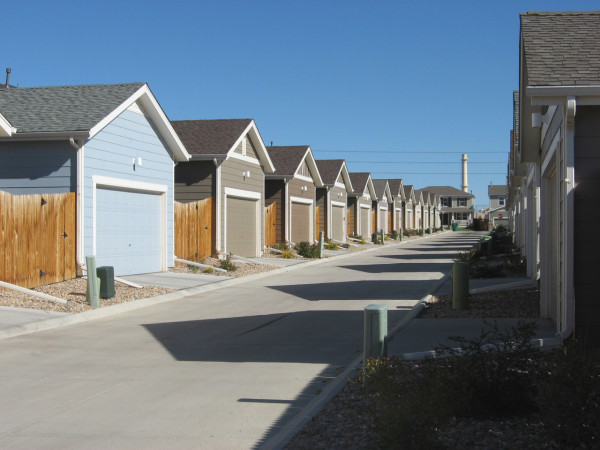- March 8, 2017
- Posted by: Liam Dai
- Category: Uncategorized

Vacant Property? What You Need to Know
Own an unoccupied property? Homes can become vacant for many reasons. For example, perhaps you’ve moved to another home but haven’t sold your property, you’re remodeling your home while living elsewhere, or you own a rental property but are between tenants. Whatever the reason, you should know that your homeowners policy probably won’t cover your home after it is vacated.
What’s a homeow—ahem, a vacant homeowner to do? In this article, we’ll take a look at what options are available to consumers.
How is Vacant Home Insurance Different?
Because vacant homes are unoccupied, they tend to pose more risks to the owners and the insurers. Fires, vandalism, burst water pipes [ADD LINK TO “Flood vs. Water Backup”] and other hazards can cause more damage than if the property was present to abate them. Though it seems outlandish, intruders may harm themselves on your property and file a claim.
Each insurance carrier will define vacant or vacant-with-renovation differently, but the general rule is if the house is more than 60 days empty and free of possessions (vacant is also different from unoccupied, which means “the lack of habitual presence of human beings”).
Most typical homeowners policies, therefore, won’t cover these risks in the same way as if the property was occupied. Some policies even allow the insurer the right to cancel mid-term, lower their rates, or deny claims that would otherwise be eligible for coverage. That’s why companies offer vacant property insurance (or endorsements to your pre-existing policies).
The Cost of Vacant Home Insurance
Insuring a vacant home is based on a variety of factors which influence the cost. These include:
- the state that your home is located in
- the amount of coverage
- the risk factors of the home (ie. in a brush-fire area)
What’s Covered on a Vacant Home Policy?
For homes that will be unoccupied for a year or longer, here are some of the coverage options available under most insurance policies:
- Named Perils: Similar to your homeowners policy, specific damages are covered (ie. lightning, fire, wind, hail) under your policy, but these are typically subject to more conditions and exclusions.
- Vandalism and Malicious Mischief: Some policies offer coverage from acts of vandalism and criminal acts against your property.
- Liability Coverage: If you’re found to be liable for an accident on your property that causes injury or damage to someone’s property (ex. a person breaks their arm after tripping on your unpaved sidewalk), you may be covered under your policy.
- Total Loss (Agreed Loss Settlement): If your home is completely destroyed by a covered loss, you will receive the full amount of insurance purchased on your home, minus the deductible(s).
- Partial Loss (Actual Cash Value): If your property sustains a partial loss or damage, you will be compensated for your loss minus deductions and depreciation related to the condition of your home before the loss.
- Landlord Flexibility: If you rent your property and it becomes vacant between tenants, some policies offer to cover it in the interim. When the property becomes occupied, you may be able to endorse it up to a Landlord insurance policy without having to renew/cancel the policy altogether (depending on which state the property is in).
Shorter Vacancies
If you have a rental policy, a seasonal home, or believe that your home will be vacant for a short period of time (less than a year but more than two months), some policies offer a vacancy permission endorsement. This endorsement modifies your current policies for temporary vacancies. Bear in mind that your property must meet certain conditions by the insurer to be eligible.
The advantage of this endorsement is that you don’t have to cancel your original homeowners policy, purchase a vacant homeowners policy, and then renew your regular policy when the home is no longer vacant. In essence, this endorsement avoids that hassle.
* * *
Every situation is different for vacant homes. Having an insurance advisor to guide and educate you through the process is essential to ensuring that your assets are covered. That’s why we recommend that you contact an insurance advisor at RiskBlock to make sure your vacant property is protected without worry.
